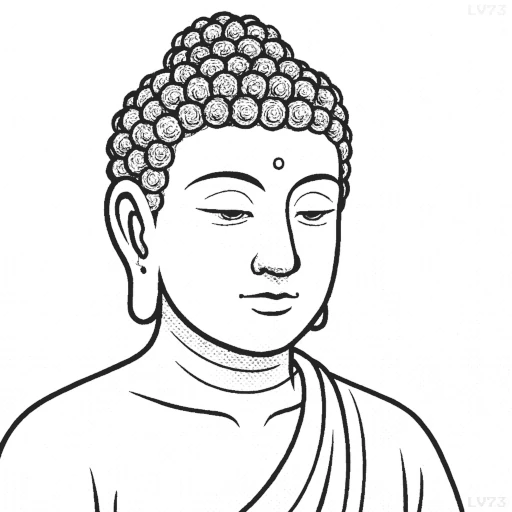“Holding on to anger is like grasping a hot coal with the intent of throwing it at someone else; you are the one who gets burned.”

- 7th century BC to 5th century BC
- Indian
- Religious leader, thinker
table of contents
Quote
“Holding on to anger is like grasping a hot coal with the intent of throwing it at someone else; you are the one who gets burned.”
Explanation
This quote vividly illustrates the destructive nature of anger and how it harms the person who holds onto it. Holding onto resentment or anger towards someone is likened to gripping a hot coal, intending to cause harm to another. However, just as the person holding the coal inevitably burns themselves, the one harboring anger ends up suffering more than the person it’s directed toward. This metaphor highlights the self-destructive nature of holding onto negative emotions, which often do not affect the other person in the way we expect, but instead cause internal pain and stress for ourselves.
In modern life, this message serves as a reminder that forgiveness and letting go of anger are essential for mental and emotional well-being. When we choose to hold onto grudges or anger, we are essentially prolonging our own suffering. For example, in relationships, holding onto past hurts can prevent healing and growth, creating ongoing tension and emotional baggage. Letting go of anger, on the other hand, allows us to find peace and move forward.
Historically, Buddha’s teachings often focused on the dangers of anger and the importance of forgiveness. He taught that anger is a form of attachment that binds individuals to suffering, and that only by cultivating compassion and understanding can one free themselves from the cycle of emotional pain. By letting go of anger, we make space for inner peace and wisdom, ultimately achieving a state of emotional balance and spiritual freedom.
Would you like to share your impressions or related stories about this quote in the comments section?



